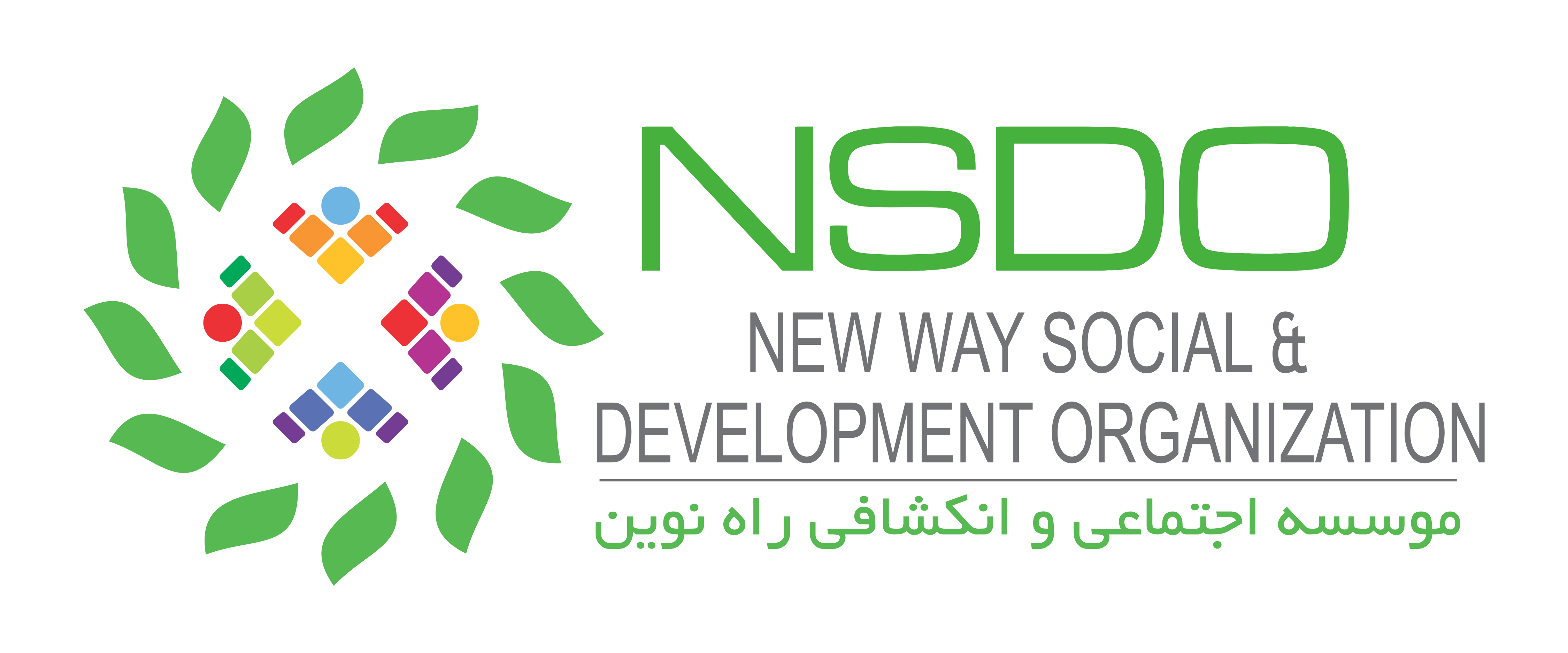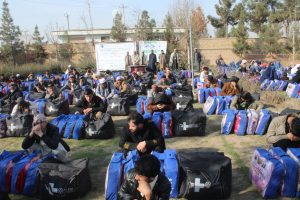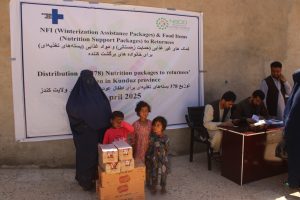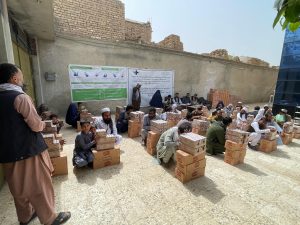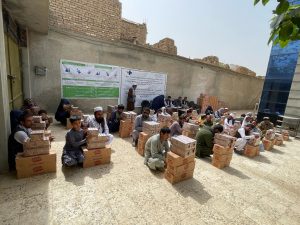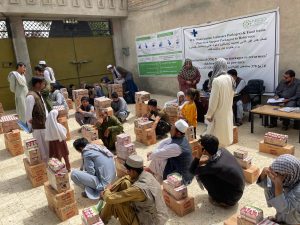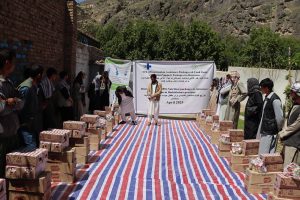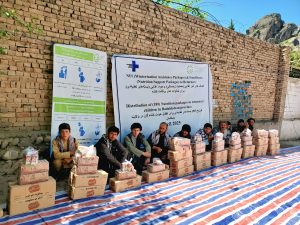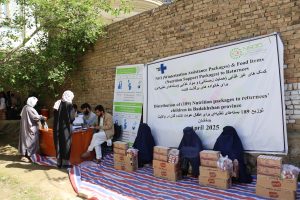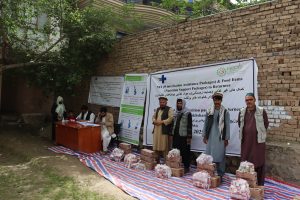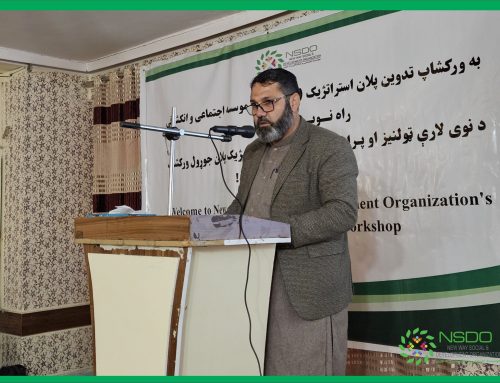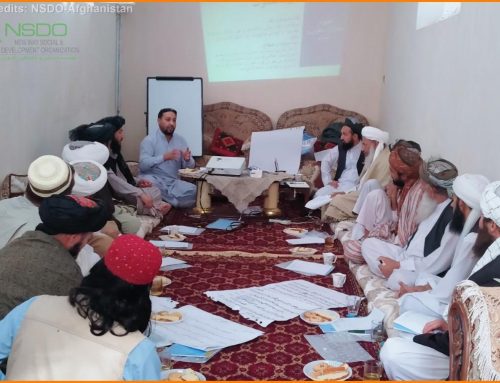Location: Kunduz, Badakhshan, and Baghlan Provinces, Afghanistan.
Date: 2024 To May 2025
Photo Credits: NSDO Team. ©
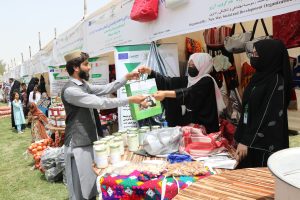
Executive Summary
From 2024 to May 2025, NSDO implemented a series of humanitarian projects aimed at providing critical winterization and nutrition support to vulnerable returnee and flood-affected families in Kunduz, Badakhshan, and Baghlan provinces. These interventions targeted urgent needs related to cold weather exposure, malnutrition, hygiene, and education.
Key Project Interventions
Winterization Support (Kunduz & Badakhshan)
In December 2024, NSDO distributed winter clothing kits to 200 households in Kunduz and 100 in Badakhshan. Each kit contained 11 essential winter items. The selection of beneficiaries was conducted through household assessments using the COBO toolkit. The distribution process was coordinated closely with UNHCR, IOM, NRC, ACTED, IRC, and relevant government authorities, including the Ministry of Refugees and Repatriation (MoRR) and the Department of Economy (DoEc), to ensure transparency and efficiency.
Nutrition Support for Children (Kunduz, Badakhshan & Baghlan)
Across the three provinces, a total of 1,567 children received food packages consisting of milk and biscuits. This included 378 returnee children and 490 flood-affected children in Kunduz, 189 children in Badakhshan, and 491 children in Baghlan. These nutrition packages were vital in addressing malnutrition and improving the well-being of children during the harsh winter and post-flood conditions.
Hygiene Kit Distribution (Kunduz & Baghlan)
In June 2024, NSDO distributed 200 hygiene kits—100 in Kunduz and 100 in Baghlan—in accordance with WASH standards. The distribution took place between June 3 and June 13, targeting housewives from flood-affected households. The kits were designed to prevent waterborne illnesses such as cholera and various skin infections following the floods.
Education and Child Protection Support (Khan Abad & Ali Abad Districts, Kunduz)
Twelve School Management Shura (SMS) groups were reactivated, consisting of 108 members in total. A needs assessment was conducted in nine elementary schools—some of which in Ali Abad were in need of support, while those in Khan Abad lacked proper school buildings and conducted classes in tents or mosques. A total of 464 students (224 girls and 240 boys) were verified and 65 were added to the official student lists.
To strengthen education delivery, 27 teachers received three days of training covering pedagogy, psychosocial support, and child rights. NSDO also distributed educational materials including 464 student kits, 27 teacher and classroom kits, and 399 storybook packages. For nutrition support, 29,696 packets of milk and biscuits were provided to the 464 students—257 in Ali Abad and 207 in Khan Abad. In addition, hygiene training and kits were distributed to 399 students to promote healthy habits.
Community engagement was a key component of the intervention. Awareness sessions on education, child rights, and the role of parents in supporting children’s development were conducted for 1,440 participants. Moreover, 360 SMS members received capacity-building training on project monitoring and child protection.
Impact and Sustainability
The interventions provided direct support to 300 returnee households and 1,000 flood-affected households. A total of 1,567 children benefitted from improved nutrition, health services, and educational opportunities. The reactivation of SMS groups, teacher training, and broad community engagement efforts contributed to building local capacity. These initiatives have laid the groundwork for sustainable development by identifying key areas for future investment, including health services, food security, and livelihood generation.
Human Storytelling
To convey the human impact of the project, NSDO produced a short documentary film featuring the daily lives of several beneficiary families before and after receiving assistance. The film showcases the meaningful changes brought about by the support packages, highlighting how they helped enhance resilience, improve well-being, and restore hope during the difficult winter season.
More Photos:
